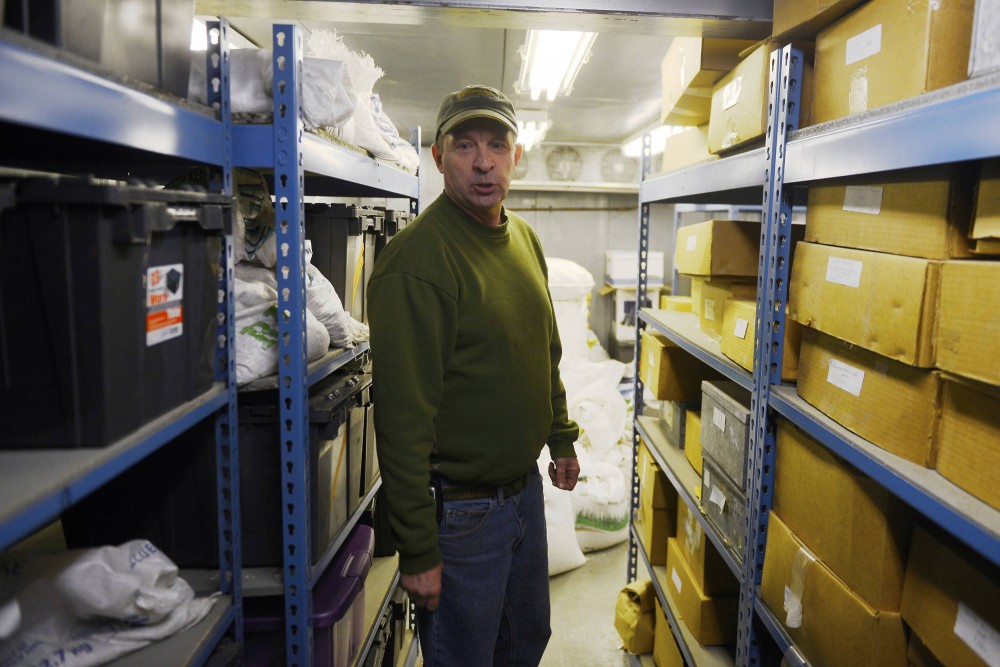City officials are joining a statewide movement to alter seed law.
The City Council unanimously approved a resolution on Friday that supports to change a state policy that would allow seed sharing operations by libraries, educational institutions and nonprofit agencies. The resolution aligns with other initiatives in the state to loosen sharing regulations.
“I think this is fantastic,” said Ward 2 City Councilman Cam Gordon, who represents the University of Minnesota and surrounding areas. “We’ve heard from a lot of people who are concerned about seeds being overregulated.”
The state Legislature is considering a proposal to amend Minnesota’s seed law.
The Duluth City Council passed a resolution similar to Minneapolis’ in December after the Minnesota Department of Agriculture said the city library’s seed-sharing program violated state law.
The law was initially established to protect seed companies’ patents and eliminate sales of false seeds, said Karl Hakanson, University extension educator for Hennepin County.
The Duluth library previously allowed residents to take seeds at the beginning of the growing season, said library manager Carla Powers. And then at the end of the season, the library asked them to return the seeds from their grown plants.
Under current seed law, those types of exchanges are considered sales. And sellers must comply with state requirements, like obtaining permits and informing consumers of the germination levels of the seed’s particular variety, said John Torgrimson, executive director of Seed Savers Exchange. The exchange is an Iowa-based nonprofit that mediates seed sharing.
“It really puts a burden on, say, a place like the Duluth Seed Library,” he said.
The Department of Agriculture recently met with representatives from the Duluth Seed Library to discuss possibly changing the state’s seed law, said Allen Sommerfeld, the department’s spokesman.
“We have been open to a common-sense approach and making some changes to the seed law,” he said.
Another aspect of the seed law affects research at institutions, like the University.
Hakanson said over time, more companies are patenting their seeds, making them more expensive to purchase and harder for researchers to obtain.
“The whole issue of public seed varieties is being revisited,” he said. “Some of the researchers can’t get what they need to develop better seeds.”
Seed sharing supporters say changes to the state’s seed law will help not only researchers, but also amateur growers.
“We’re sharing seeds that, over generations, will become locally adapted to our climate,” Duluth library manager Powers said.
Jamie Harvie, executive director for the Institute for a Sustainable Future, a Duluth-based nonprofit, agreed.
He said he’s been asking organizations statewide to author letters in support of a seed law change.
“The legacy of interpersonal seed sharing should be unregulated,” Harvie said. “It’s what seeds do. It’s a repository of knowledge that we have gained as a civilization by planting and storing for 10,000 years.”








